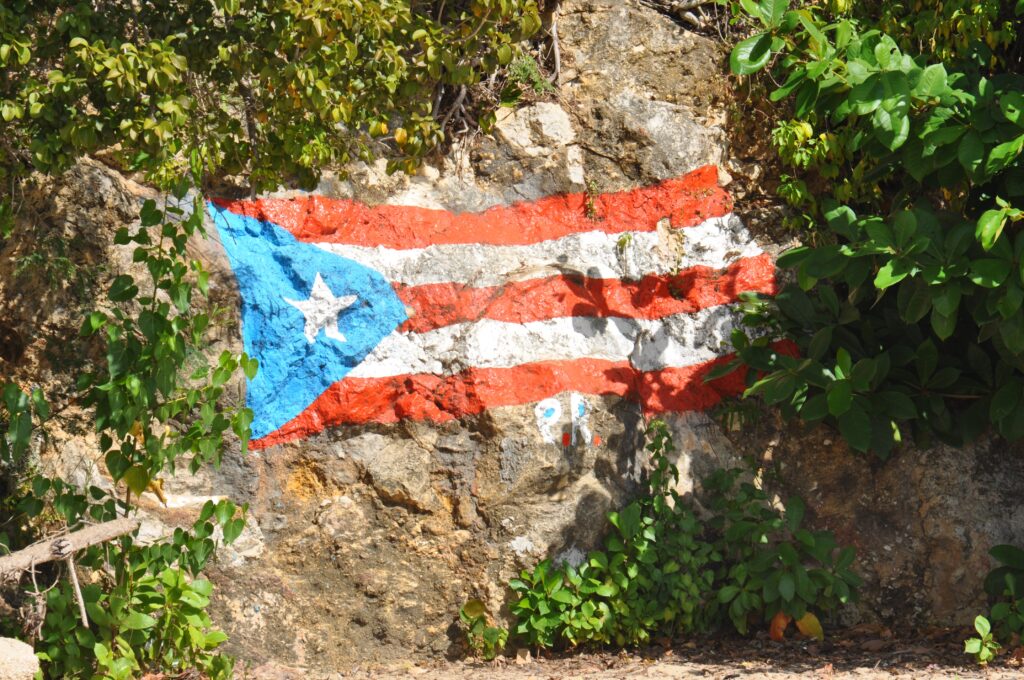Before Hurricane Maria, the Puerto Rican economy was struggling and struggled to recover. During the late 1970s, Puerto Rico ceded its power to the US eliminating favorable tax incentives and demilitarization. As a result of this, Puerto Ricans borrowed heavily to offset the heavy economic downturn they were experiencing; when they found they couldn’t repay PROMESA, the Puerto Rico Oversight, Management and Economic Stability Act, was enacted to assist in this repayment. However, according to Cabán (2018), colonialism sabotages its efforts in doing so (Cabán 2018). Since the enactment of tax incentive laws like Act 20 and Act 22 in 2012, offering tax exemptions for bona fide residents with businesses generating passive income, Puerto Rico has become a tax haven for affluent individuals (Sampas, 2018). Although viewed in a positive light by many, especially those owning businesses in Puerto Rico (Boles 1988), these laws are still heavily discriminatory and do not benefit native Puerto Ricans. These Acts are highly exclusionary as residents are unable to qualify nor even apply for such tax exemption. This creates a heightened sense of gentrification on the island because non-Puerto Ricans are migrating to take advantage of these incentives when native Puerto Rican residents don’t have access to the same rights. Ultimately, gentrification is exacerbated by the tax exemption acts, creating a widening strife between beneficiaries and PR natives.

Power, Politics & Puerto Rico by rawpixel.com from Rawpixel.CC0 1.0